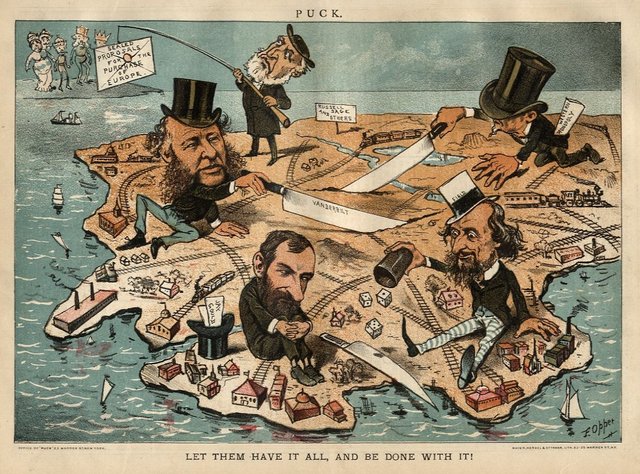Understanding Market Monopoly
The term 'market monopoly' refers to a situation in which a single company or entity has complete control over the supply of a particular product or service in a given market. In other words, the company is the sole provider of the product or service and has the ability to dictate the terms and conditions of the market, including the price, quality, and availability of the product or service.
One of the most famous examples of a market monopoly is the Standard Oil Company, which was founded by John D. Rockefeller in the late 19th century. At its peak, Standard Oil controlled over 90% of the oil refining capacity in the United States, giving it complete control over the market for oil products. This monopoly allowed Standard Oil to set high prices, limit competition, and control the quality of its products.
Another example of a market monopoly is Microsoft, which dominated the computer software market for many years. In the late 1990s, Microsoft held a monopoly position in the market for personal computer operating systems and office software. This monopoly allowed Microsoft to control the pricing and availability of its products and to limit the entry of competitors into the market.
The concept of a market monopoly is often associated with negative consequences for consumers, as the monopoly provider has the power to restrict the availability of the product or service, limit competition, and set high prices. This can lead to higher prices for consumers and reduced innovation, as the monopoly provider has less incentive to improve its products or services.
However, there are also some benefits to market monopolies. For example, monopolies can provide stability to a market by reducing the risk of price volatility and ensuring the consistent availability of the product or service. Additionally, monopolies can have significant economies of scale, allowing them to produce their products or services at a lower cost than their competitors.
Despite the potential benefits of market monopolies, many governments around the world have enacted laws and regulations designed to limit their power and prevent the abuse of monopolistic practices.
For example, in the United States, antitrust laws, such as the Sherman Act and the Clayton Act, are designed to prevent the formation of monopolies and promote competition in the marketplace.
Therefore, we can say market monopolies refer to a situation in which a single company or entity has complete control over a particular product or service in a given market.
While monopolies can have some benefits, they are often associated with negative consequences for consumers, including high prices and reduced innovation. To prevent the abuse of monopolistic practices, many governments have enacted laws and regulations to promote competition and prevent the formation of monopolies.
Thanks for reading my post. Hope that you have got something interesting here.
Best regards
@shahriar33

The big issue with monopolies that is missed is that they end up with regulatory capture with a revolving door into government. Policies are then made for the company and not for the people. The globe is under corporate capture in its entirety via World Economic Forum has proxy voting power over all industries. This must be brought to light and stopped in its tracks by nationalizing any that bring us to the brink of bankruptcy globally. Global bankruptcy is on the horizon - debt slavery is current situation.
Understood. By any chance is there any suitable way to solve the income inequalities in capitalistic economy?
Yes by addressing monopolies in the banking, oil/gas, pharma, food industries. Shatter them into hundreds of thousands of smaller companies. A good start would be to change the corporation act to mandate all companies have to have 20-40% employee owned and 10-20% community owned.
Then I guess a "perfectly competitive market" structure can be a solution. But an interesting fact to me is that the government's political parties have favoured those companies who monopolize the market and the political parties secretly receive donations for their campaigns (just my assumptions). This can be why the government doesn't intervene in the monopoly markets.
Correct. With a revolving door. Obama's administration was chosen by Michael From a banker (I think Goldman Sachs). Also top 100 highest earners in that administration were ex-bankers.
He spoke the truth.
Thanks,Sir.
Thank you, friend!


I'm @steem.history, who is steem witness.
Thank you for witnessvoting for me.
please click it!
(Go to https://steemit.com/~witnesses and type fbslo at the bottom of the page)
The weight is reduced because of the lack of Voting Power. If you vote for me as a witness, you can get my little vote.